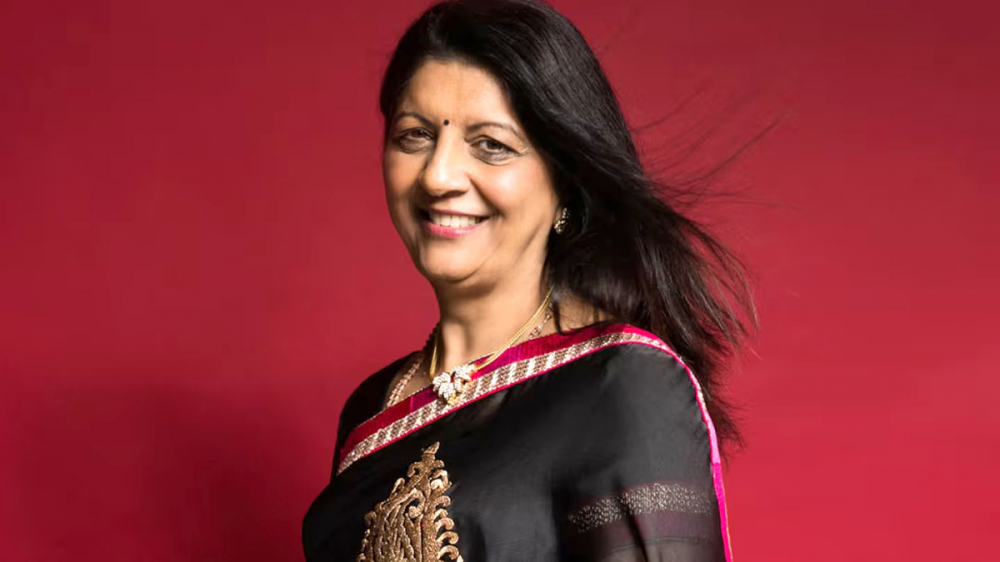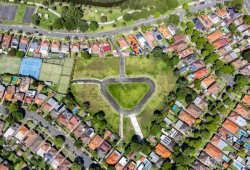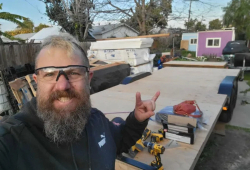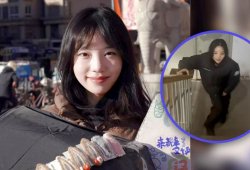
Knowledge | Posted by Si Thu Aung
Ranjna Patel and her husband broke with convention as they built a large, successful healthcare network.
What they did with the millions they made broke the mould, too.
A roof over your head, food on the table, and a car to get around is multimillionaire Ranjna Patel’s definition of wealth.
“It becomes ridiculous if you have more. You’ve got to know when you’ve got enough.”
Patel and her doctor husband Kantilal could certainly afford a lot more.
The couple founded Tāmaki Health, starting with a single clinic in Ōtara in 1977, building it into the largest independent primary healthcare provider in the country.
Patel has collected a host of business awards and accolades along the way.
The couple sold their last remaining stake in the business in 2022, leaving them to focus on their community work, which includes a Hindu temple they built in Papatoetoe and a successful family harm prevention programme, Gandhi Nivas.
Patel spoke with RNZ as part of a special series RICH: The meaning of wealth in Aotearoa.
 (Ranjna Patel speaks with RNZ's Anusha Bradely at the Shree Swaminarayan Temple. Photo / RNZ / Cole Eastham-Farrelly)
(Ranjna Patel speaks with RNZ's Anusha Bradely at the Shree Swaminarayan Temple. Photo / RNZ / Cole Eastham-Farrelly)
Patel is reluctant to say exactly how much money the couple have donated but estimates it’s “about 40%” of their wealth.
For the third-generation New Zealander, it’s a no-brainer.
“The Eastern way is, the more you give, the more will come back to you. And I think that’s worked for us.
“Giving back is your greatest strength. After 60, I thought ‘what more do I need?’ Now, nearly 70, I feel, well, how many more years do you have? What good can you do? What difference can you make?
“This temple is a beautiful breeding ground for the amazing things we do.”
Ranjna Patel learnt her business skills serving customers in her family’s Herne Bay fruit shop.
“After school our job was to be in the shop, and we learned very quickly you had to be very customer-focused because in those days people didn’t touch anything in the shop. You put it in a bag for them.
“If someone wanted a pound of peaches, you gave them good quality ones because if they were bruised they’d be bringing them back, or they won’t come back.”
It’s there she learned the value of money as well as the importance of not judging her customers.
With shops closing at midday on Saturdays back then, boxes of produce about to go off would be made up for cheap.
“At 11.30, there would be 10 families that would come. That’s how we learned about money.
Ref: Auckland millionaire businesswoman Ranjna Patel on giving wealth away (nzherald, gandhinivas) Photo Credit- RNZ/ Cole Eastham-Farrelly









